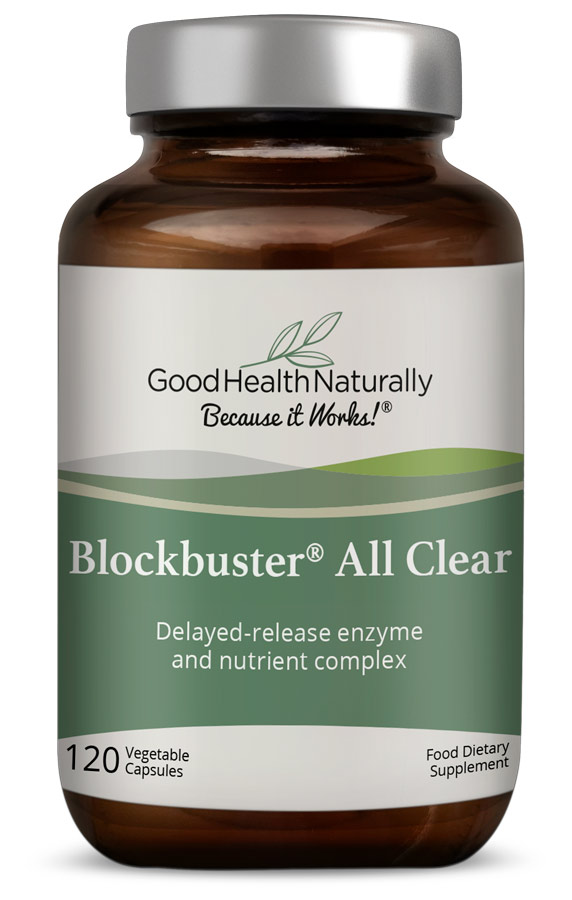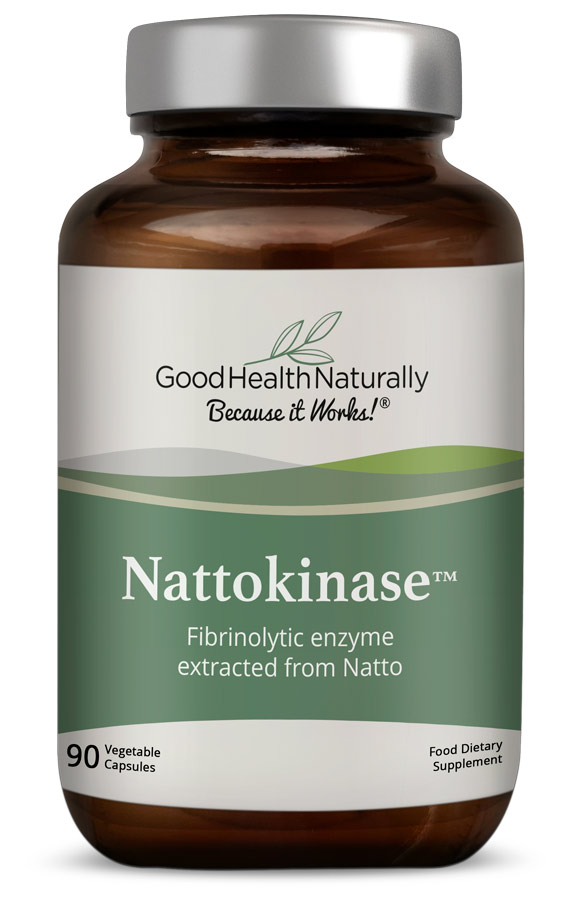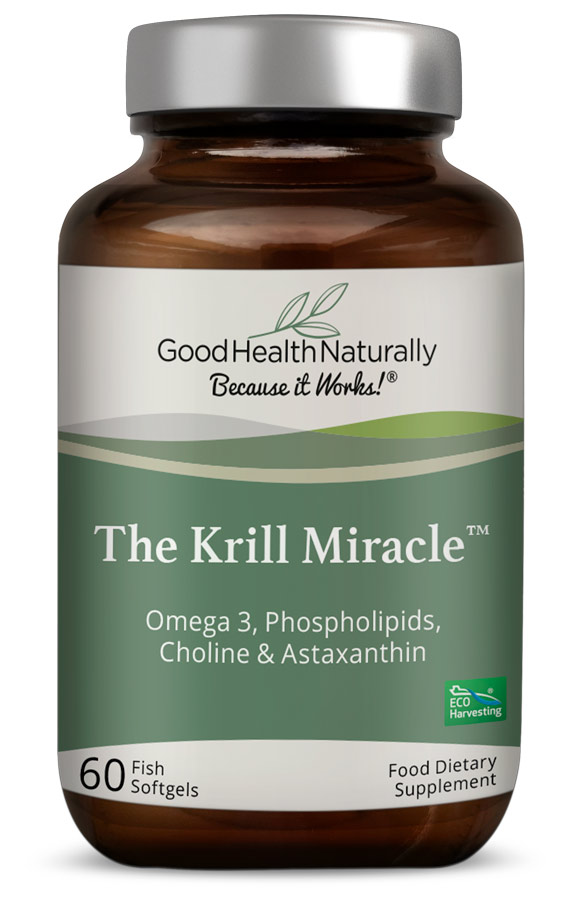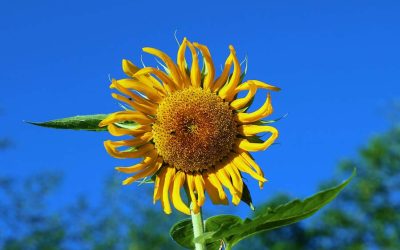As we celebrate Valentine’s Day this week, our hearts beat in anticipation of an occasion that has evolved over centuries, not only focusing on romantic love but also embracing the spirit of friendship and, most importantly, heart health. In this week’s newsletter, we’ll look through the historical roots of Valentine’s Day, explore its modern twists, and shed light on the crucial topic of heart health.
The Heartfelt History of Valentine’s Day
The roots of Valentine’s Day extend back to ancient Rome, a time marked by tumultuous political landscapes and the reign of Emperor Claudius II. Amidst the chaos, a compassionate priest named Valentine emerged as a symbol of love and defiance.
During this period, Emperor Claudius II imposed a ban on marriages for young men, believing that single men made better soldiers. In an act of rebellion against this decree, Valentine, driven by the profound belief in the sanctity of love, defied the emperor’s orders and continued to perform marriages for young couples in secret. His actions, however, did not escape the notice of the authorities. Eventually captured and imprisoned, Valentine’s kindness and compassion persisted even behind bars. Legend has it that he befriended the jailer’s blind daughter, and before his execution on February 14th, he miraculously restored her sight. This selfless act of love and sacrifice became the foundation of Valentine’s Day.
As centuries passed, the commemoration of Valentine’s Day evolved, absorbing influences from various cultures and traditions. In the 14th century in medieval Europe, the day became associated with romantic love. The exchange of handwritten notes expressing affection became a popular practice, laying the groundwork for the Valentine’s Day cards. Over time, this day became associated with love and affection, eventually evolving into the Valentine’s Day we know today.
Embracing Love in All Forms
Valentine’s Day has expanded beyond traditional romantic notions in recent years, giving rise to Malentines Day on February 12th and Palentines and Galentines Days on February 13th. These celebrations emphasise the importance of friendship, allowing individuals to express gratitude and love for the platonic bonds between them. Palentines Day is dedicated to celebrating the bond between ‘pals’, while Galentines Day focuses on friendships among women, and Malentines is for male friendships. These pre-Valentine’s gatherings have become a way to appreciate all forms of love, acknowledging that the heart’s capacity for connection goes beyond romantic affiliations.
We also celebrate Singles Awareness Day on February 15th, which reminds us that there’s nothing wrong with being single. In fact, the day after Valentine’s Day points out all the ways that singledom benefits our communities and more.
The Spotlight on Heart Health
As we celebrate love and friendships over the Valentine’s period, the month of February has also become synonymous with heart health. During this time, the significance of maintaining a healthy heart takes centre stage as we strive to understand, prevent, and manage cardiovascular conditions.
Heart disease, encompassing conditions like coronary artery disease, heart failure, and arrhythmias, remains a leading global health concern. According to the World Health Organization, an estimated 17.9 million lives are claimed each year by cardiovascular diseases, accounting for approximately 31% of all global deaths. Hypertension, or high blood pressure, is a common precursor to more severe heart conditions and affects nearly 1.13 billion people worldwide.
We’ve also seen an increase in cases of myocarditis in the past few years. A recent study published in The BMJ provides an updated summary of evidence regarding the risk of heart inflammation (myocarditis and pericarditis) following mRNA vaccination against COVID-19. The review, based on over 8,000 reported cases from 46 studies in Canada, reaffirms that myocarditis is rare. However, it highlights that cases are more common among young males shortly after receiving the second dose of the vaccine [1]. This has resulted in some cardiologists calling for a halt to the vaccine program until potential issues are resolved or more fully understood.
Navigating the Heart Health Landscape
As we delve into heart health, staying informed about preventive measures and lifestyle choices contributing to cardiovascular well-being is essential.
Regular exercise, the cornerstone of heart health, not only strengthens the cardiovascular system but also contributes to weight management and overall well-being. Engaging in activities like brisk walks, jogging, or even dancing can significantly enhance heart function and promote a healthy lifestyle. Even with limited mobility, engaging in chair exercises, gentle stretching, or water aerobics can promote heart health by improving circulation and maintaining muscle strength.
Diet plays an equally vital role in nurturing our hearts. Embracing a heart-healthy diet involves incorporating various nutrient-dense foods such as fruits, vegetables, whole grains, and lean proteins. Omega-3 fatty acids in fatty fish like salmon, mackerel, and trout are renowned for their heart-protective properties. Likewise, fibre-rich foods like oats, legumes, and nuts contribute to cholesterol regulation and support overall heart health. Good hydration also supports the circulatory system and helps maintain healthy blood pressure levels.
Managing stress is another crucial component often overlooked. Incorporating stress-reducing activities such as meditation, yoga, or deep breathing exercises is helpful. A good night’s sleep is another underrated yet significant contributor to heart health. Establishing consistent sleep patterns rejuvenates the body and plays a vital role in maintaining a healthy cardiovascular system.
Nattokinase and Heart Health
Nattokinase is a proteolytic enzyme derived from fermented soybeans that is gaining widespread attention for its role in benefitting heart health. This enzyme is renowned for its ability to break down fibrin, a protein that can accumulate in blood vessels and hinder proper blood flow. Ongoing research suggests that incorporating nattokinase into our wellness routines may improve blood circulation, reduce the risk of clot formation, lower blood pressure, and support overall cardiovascular well-being.
In conclusion, as we celebrate the diverse facets of love this Valentine’s season, let’s remember the heartbeat that sustains us. By embracing the spirit of love and friendship, staying vigilant about heart health, and exploring natural supplements like nattokinase, we can ensure that our hearts beat strong and true for many more celebrations to come.
References:
[1] https://www.bmj.com/company/newsroom/new-study-updates-evidence-on-rare-heart-condition-after-covid-vaccination/
Product Recommendations
Please note: The product images represent the ongoing rebranding across Good Health Naturally range and may currently vary from actual stock.







